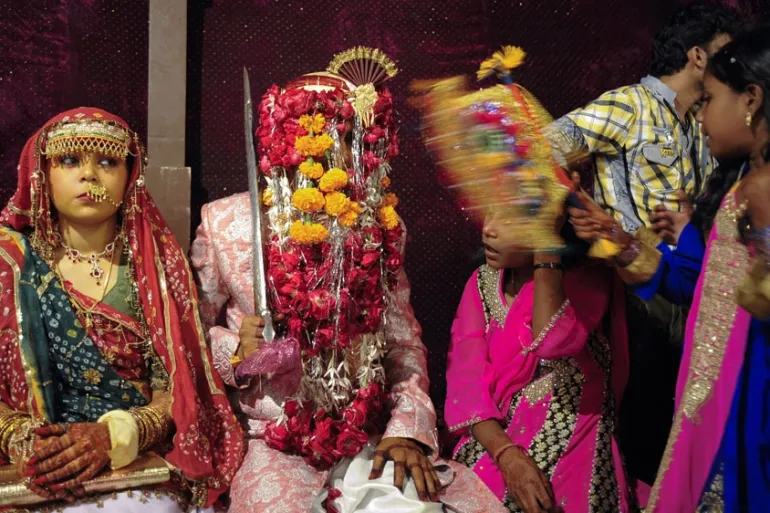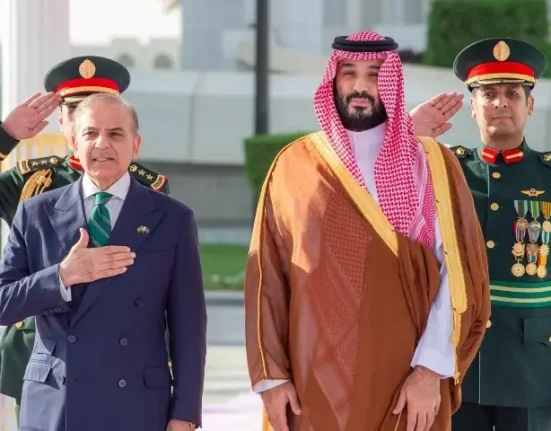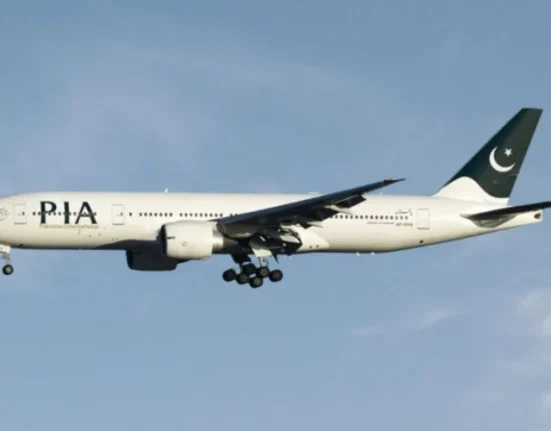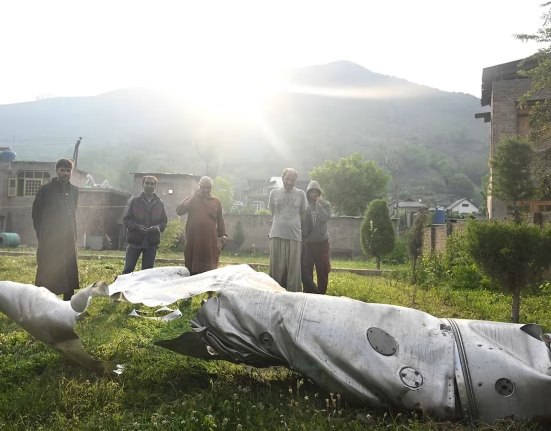Controversy has continued to trail legislative efforts in Pakistan aimed at outlawing child marriage, as the country’s Council of Islamic Ideology (CII) has firmly rejected a newly passed bill from the National Assembly and Senate which seeks to set the minimum legal age for marriage at 18. The Council, in a meeting chaired by Dr. Raghib Hussain Naeemi, declared its dissatisfaction with the fixed age limit, arguing that such legislation runs contrary to Islamic principles and traditions.
The CII, a constitutional advisory body that guides the government on Islamic matters, convened earlier this week to deliberate deeply on the sensitive issue of marriage age. According to credible sources present at the closed-door meeting, the council members debated the age of puberty and the cultural, religious, and legal implications of enforcing a fixed minimum age for marriage. They maintained that a universal age benchmark, such as 18 years, cannot be applied across all social contexts and may disregard essential religious guidelines.
While the council acknowledged the rising concern around social and moral challenges in society, it emphasized that any regulation related to marriage must be evaluated through a multifaceted lens that includes Islamic jurisprudence, cultural traditions, and local social realities. Members argued that Islamic teachings do not mandate a specific numerical age for marriage but rather consider maturity and mutual consent as the primary criteria.
The CII, however, did not turn a blind eye to the risks associated with early marriage. It expressed support for non-punitive measures such as public awareness campaigns, family education, and moral guidance aimed at discouraging child marriage. The council insisted that criminalizing such unions and imposing legal penalties contradicts Islamic teachings and risks causing division between state legislation and religious observance.
Sources confirmed that the council strongly objected to the draft law, which had already passed through both legislative chambers, and decided to reject it in totality. The five-point agenda discussed during the meeting also included various other national issues, but the proposed ban on underage marriage dominated proceedings.
The council is expected to release an official communiqué outlining its position and final recommendations following further internal consultations. This decision has sparked nationwide debate, particularly among human rights advocates who have long called for the protection of children, especially girls, through stricter laws on marriage age.
As it stands, the rift between legal reforms pushed by lawmakers and the religious stance upheld by the Council of Islamic Ideology signals a complex challenge in reconciling modern legislative frameworks with deeply rooted traditional and religious values in Pakistani society.







